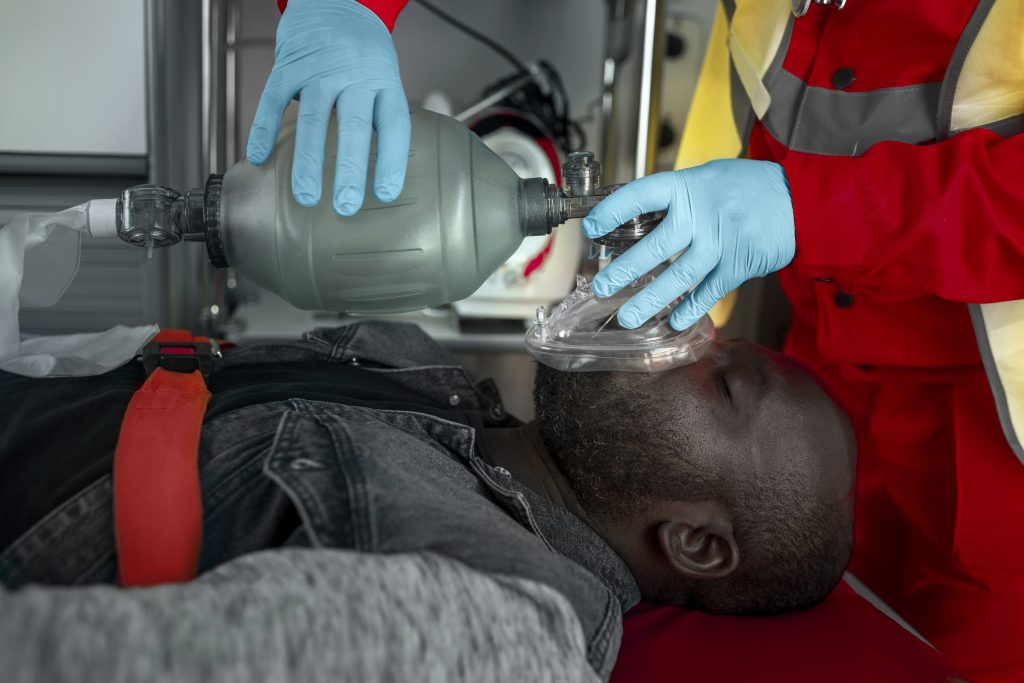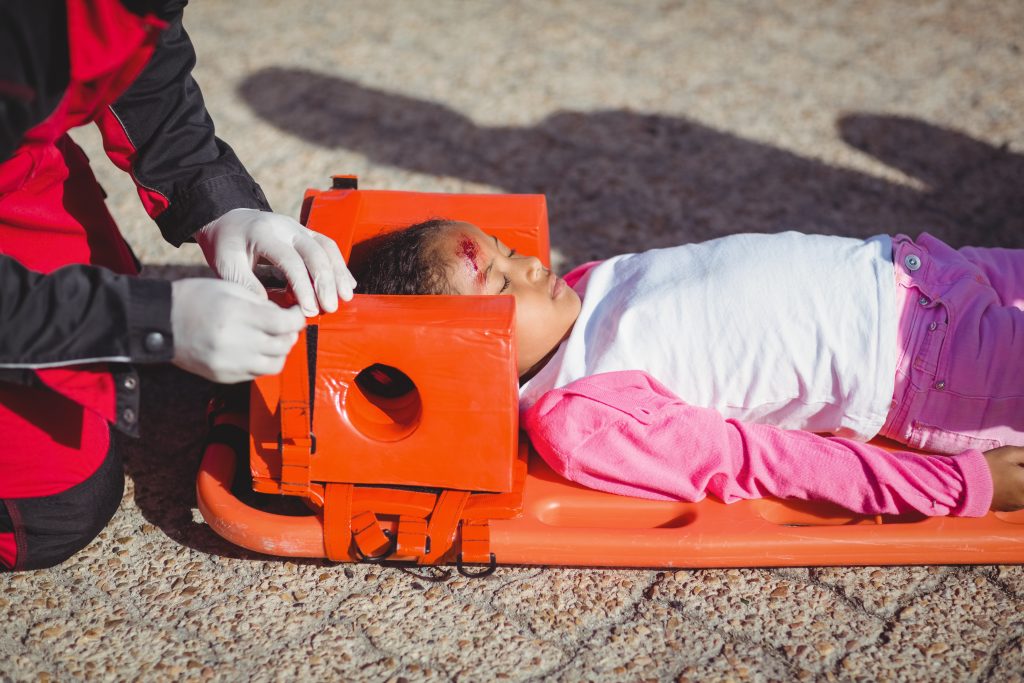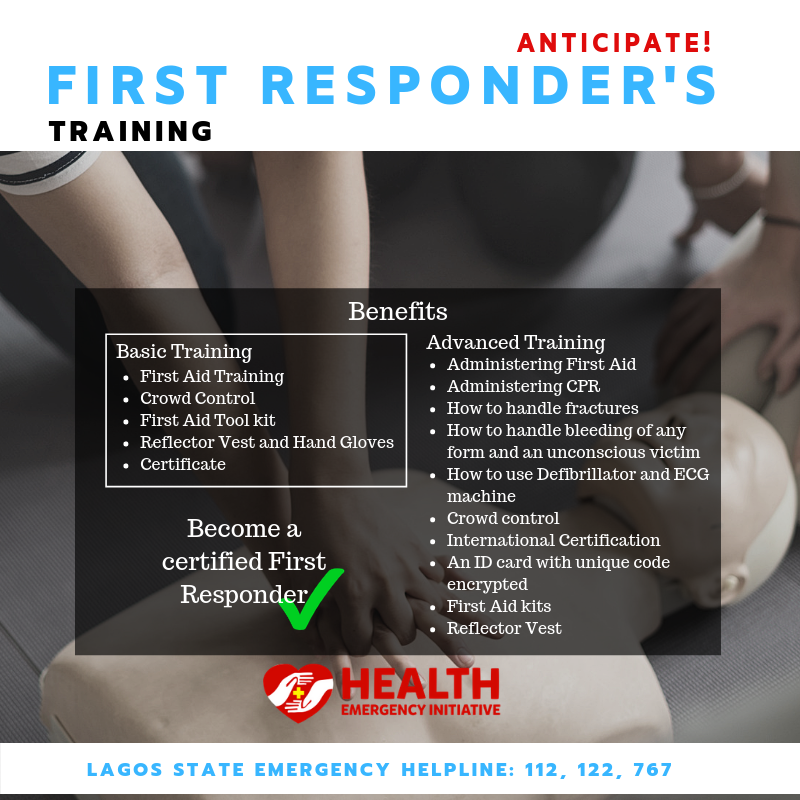Introduction: What is the “Golden Hour”?

In emergency medicine, the “golden hour” is a fundamental concept. Popularized by R. Adam Cowley, a U.S. military surgeon, in the 1980s, the term “golden hour” refers to the critical time window immediately following a medical emergency during which a patient’s survival chances are significantly increased.
While the “golden hour” was originally defined as a 60-minute window, medical professionals today agree that the exact time frame can vary, depending on the injury. Today, many scientifically refer to the “golden hour” as the “resuscitative hour.”
During this period, every minute counts towards increasing a patient’s chances of survival. For example, a patient requiring surgery after physical trauma should be in surgery within this “golden hour.” Any further delay can cause severe repercussions and decrease their ability to recover.
Acting within this “golden hour” can mean the difference between life and death.
“The Golden Hour”: Emergency Care Shortcomings in Nigeria

Unfortunately, in Nigeria and many developing countries, the critical “golden hour” often elapses before patients can access essential emergency care due to poor emergency care infrastructure.
Professional help is often delayed to the scene, and many witnesses are unequipped to respond immediately. In Nigeria, the “bystander effect” is real–with witnesses to road accidents oftentimes spending more time recording the accident on their phones than intervening and helping directly.
This spells dire consequences for emergency victims: Studies have shown that most trauma-related deaths in developing countries happen before patients can even reach a hospital. Nigeria specifically experiences 1.2 million preventable deaths annually, attributable to cardiovascular diseases, road accidents, and maternal and infant conditions. A lack of a reliable nationwide ambulance service exacerbates the problem, with response times often exceeding an hour–the “golden hour.”
Unfortunately, these shortcomings have led to widespread dissatisfaction with Emergency Medical Services (EMS) among Nigerians. A 2019 Emergency Response Africa (ERA) survey revealed that 64 percent of respondents were “significantly dissatisfied with how medical emergencies are handled.”
The survey also found that only 3 percent of individuals called an emergency number for ambulance services as their first action during an emergency. Instead, 78 percent sought help from family or friends or arranged their own transportation. Once at the hospital, 44 percent experienced additional issues, such as being turned away, facing delays in treatment or being referred to another facility without proper assistance.
The Role of First Responders

The shortcomings of EMS highlight the critical need for First Responders, who play a pivotal role during the “golden hour.” They are often the first to arrive at the scene and can administer initial treatments to stabilize the patient until professional help arrives. They form a crucial part of pre-hospital emergency care systems, which studies have shown can reduce the likelihood of preventable deaths by as much as 25 percent.
Effective First Responder actions can include:
- Performing CPR
- Administering First Aid
- Providing basic life support
By administering timely care during the “golden hour,” First Responders can bridge the emergency care gap and increase the chances of a patient’s survival.
How You Can Help: Training and Education with Health Emergency Initiative
At HEI, we believe that everyone, with proper education and training, can become an effective First Responder. To fulfill our mantra, #ThatNoneShouldDie, we empower community members with our educational materials and training courses.
Here’s how you can contribute:
- Get Trained: Enroll in HEI’s First Responder courses offering CPR and First Aid training. Knowing how to respond during the “golden hour” is critical.
- Raise Awareness: Share information about the “golden hour” with your community. The more people know, the better prepared they will be.
- Support First Responders: Advocate for and support training programs for First Responders to ensure they are well-equipped to handle emergencies.
To date, we have trained over 46,000 First Responders, with the mission to train thousands more. We welcome all community members from businesses, schools, youth groups and others, eager to save lives.
Sign up for HEI’s First Responder training: https://hei.org.ng/first-responders-scheme
For more information, visit: https://hei.org.ng/get-involved.


